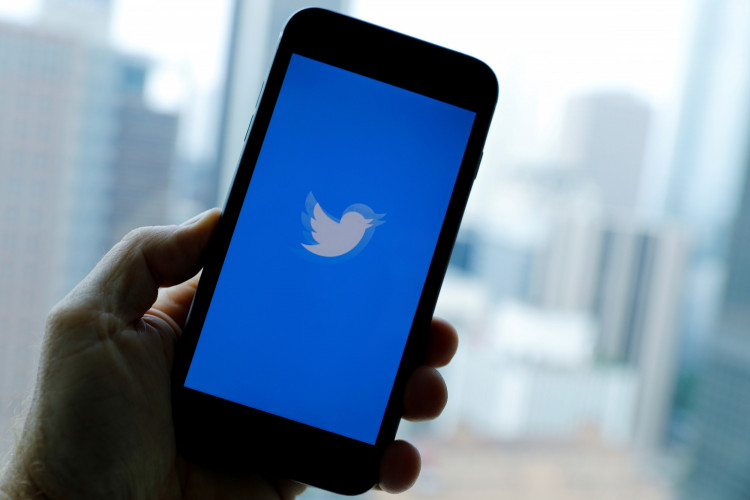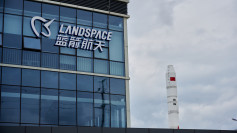Twitter in March updated its policies in order to give them the right to remove content that could cause harm to its users, particularly those pertaining to the novel coronavirus. The social media platform has so far removed over a thousand misleading and potentially harmful tweets since March 18, it reported Wednesday.
"Since introducing these policies, we have removed more than 1,100 tweets containing misleading and potentially harmful content from Twitter," the account for Twitter Safety wrote. "Our automated systems have also challenged more than 1.5 million accounts which were targeting manipulative discussions around COVID-19."
Although Twitter did not specify which or whose tweets it took down, the company made headlines recently for removing content from high-profile figures, including the presidents of Venezuela and Brazil.
Venezuelan President Nicolas Maduro wrongfully recommended drinking a certain "natural brew" in order to cure COVID-19, while Brazilian President Jair Bolsonaro posted a video in which he is seen questioning the effectiveness of self-isolation.
Twitter also took down a tweet from US President Donald Trump's personal attorney Rudy Guiliani and locked his account. The lawyer had tweeted a quote claiming that hydroxychloroquine is an effective cure for COVID-19. According to the US Department of Health and Human Services, hydroxychloroquine still needs further clinical testings to prove its effectiveness against the coronavirus.
Twitter's efforts in defeating coronavirus misinformation is a noble act that could save millions of lives, but the fact that fake news continues to flood the social media platform only means that more needs to be done. Apart from misleading coronavirus posts, xenophobic and racist tweets still slip through the cracks. Moreover, online predators also use the platform to lure unsuspecting victims.
It's also not clear how Twitter sieves through a staggering amount of tweets. Some are questioning its policies since controversial tweets from other popular figures aren't being touched. One example is a tweet from Tesla and SpaceX CEO Elon Musk, who at one point claimed that "kids are essentially immune" to the virus. He has since shown that he is taking the pandemic more seriously. His companies are now producing masks and ventilators to be donated to healthcare workers and organizations.
Other social media networks are also cracking down misconceptions about the coronavirus, including Facebook and Instagram, whose news feeds now come with information hubs to point people to accurate sources. Social networking sites have stepped up their game in terms of filtering content that could make the pandemic worse because of fake information.




